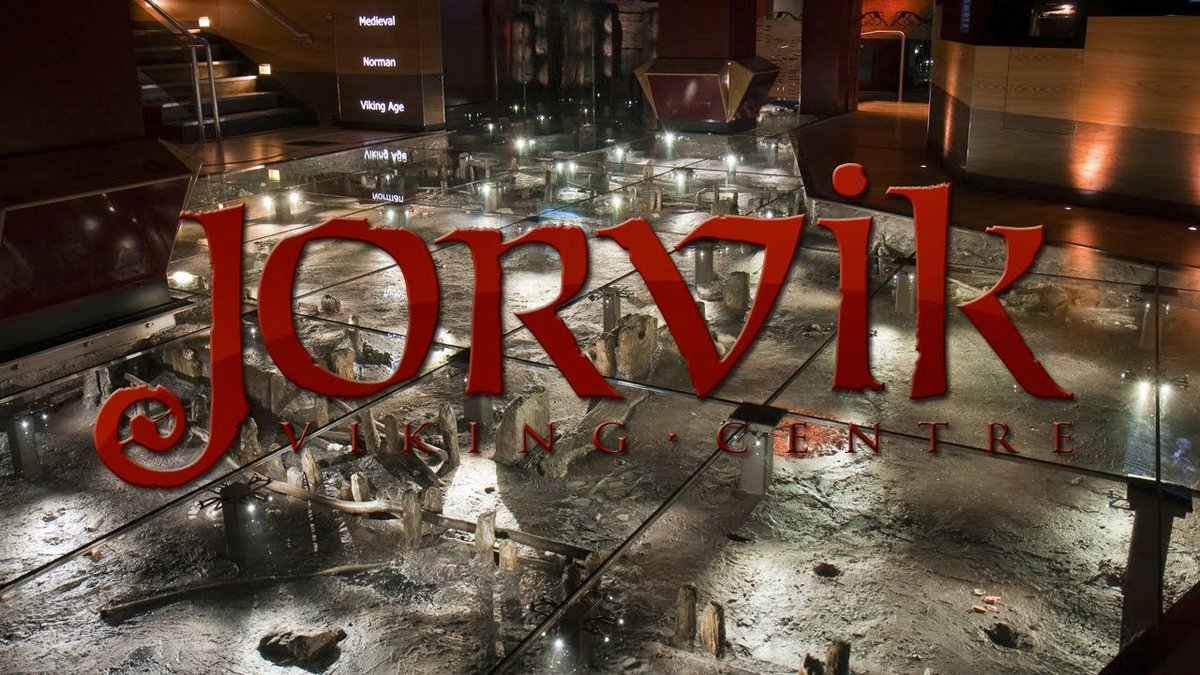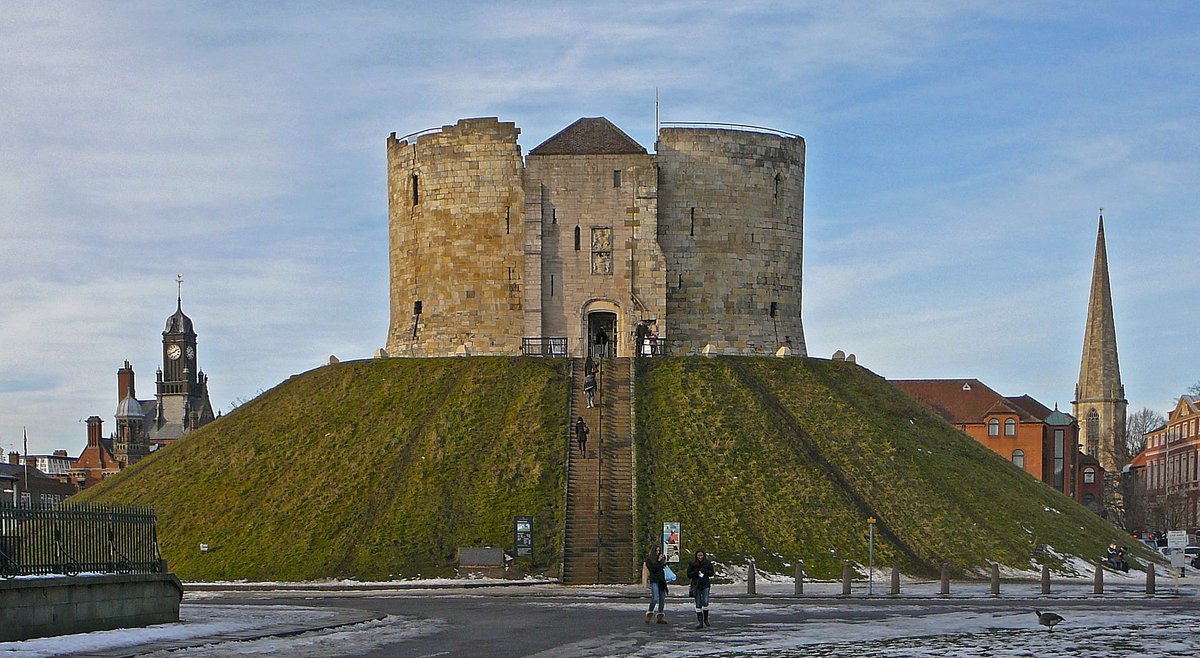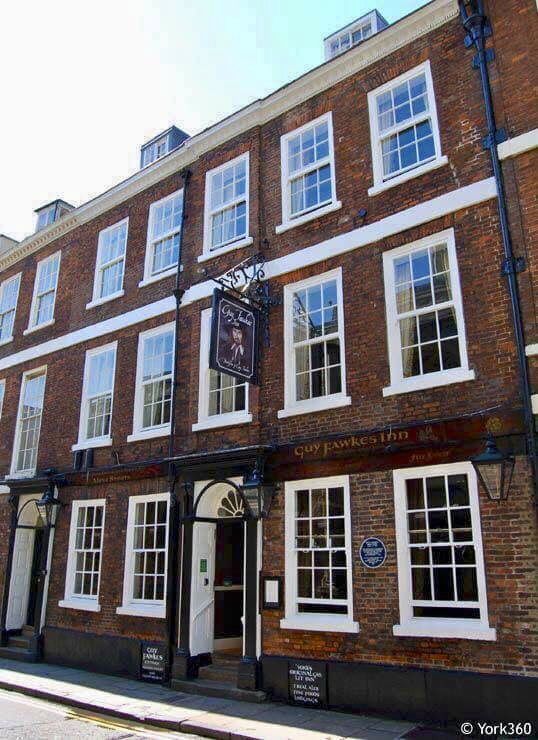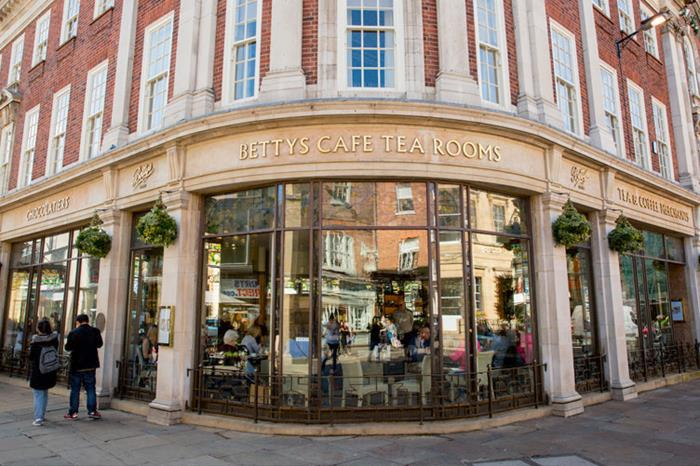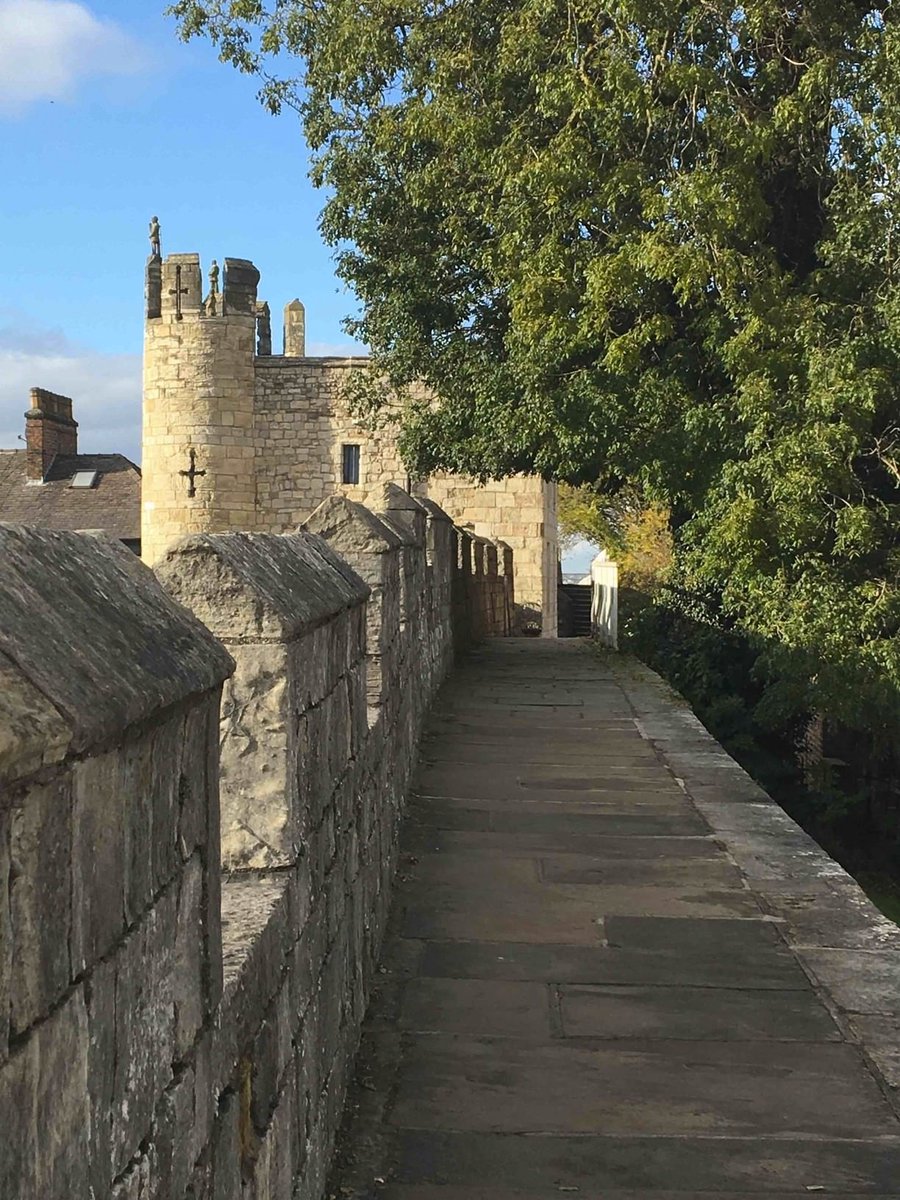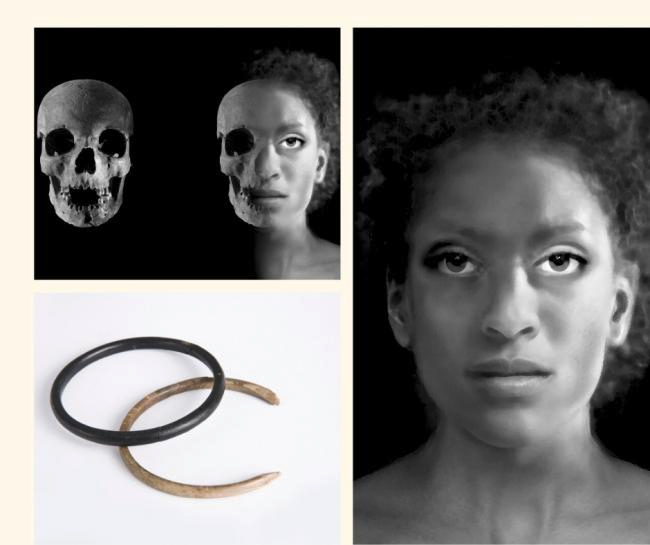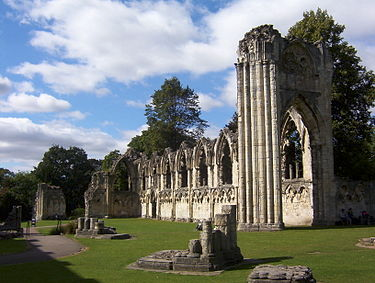Living in York, is a great place to reflect on what it means to be & #39;British& #39;. Founded in 71AD by the Roman Empire, Eboracum was such an important city that two Roman Emperors happened to be here when they died. The multangular tower is largely of Roman construction. @VisitYork
After the fall of Rome, York became Eoforwic (wild boar town) - an Anglo Saxon trading city. Little is known of this period, although it is believed the Anglian Tower was a repair/addition to the Roman walls from this period as the people left behind built on that foundation.
York - Jorvik - then became the Viking capital of the North in 866 AD, with Viking coinage being minted here. Archaelogical finds indicate that Jorvik traded to the Byzantine Empire and beyond and also that the Vikings lived alongside Anglo Saxons.
The Norman Invasion of Britain once again saw York as a strategic Northern city, with a major fortress being rapidly established here in 1068, just two years after the Battle of Hastings as the invaders from France strengthened their grip across the North.
The Norman Invasion led to the establishment of much stronger religious structures within the UK, and ultimately saw York rise as the second city of the Church of England, with York Minster being the largest Gothic cathedral north of the Alps.
Tempting as it is to see England of that era as religiously and culturally homogeneous, it was not. There was a significant community of Jews in the city. In 1190, at Cliffords Tower, all 150 of them were massacred as a wave of anti-Semitic riots spread through England.
Religious differences mark much of York& #39;s history. Guy Fawkes was born & educated here. He went to mainland Europe where he fought with Catholic Spain for over 10 years. On his return, he became notorious for leading the plot to blow up Parliament and install a Catholic monarch.
As the industrial age dawned, York became synonymous in the mid-1800s with chocolate and confectionery. A business that was wholly reliant on the global British Empire and trade links for sugar and cocoa with the Caribbean and West Africa.
Bettys - an enduring icon of 20th Century York, serving that most British of treats - the afternoon tea - was actually founded by an immigrant from Switzerland. Frederick Belmont, arrived in England in 1919, speaking very little English and headed to Yorkshire almost by chance.
And York now is a global city - a major tourist destination. Hopefully once Covid is over, it will once again be welcoming the world to the unique melting pot of snickleways wrapped up inside the protection of the city walls. @VisitYork
So what is & #39;England& #39;? It& #39;s Roman, Viking, Norman - all of whom eventually mixed with and became part of the local population. It& #39;s a melting pot of religions & cultures, with the energy of immigrants fusing with the local to make things happen. York tells that story. @VisitYork
This idea that we are an island, and that we stand separate and alone is a fiction. Fabricated from & #39;Bulldog Spirit& #39; in the Second World War. We are a part of Europe and the wider world, and always have been. Immigration and migration are nothing new. We are global.
POSTSCRIPT - As ever, in such a thread, after posting it, you learn even more, and there are things you wish you had included. Here are just four more...
The first black migration to York came with the Romans. A major dig found many skeletons with African origins. Fascinatingly, The & #39;Ivory Bangle Lady& #39; excavated in 1901 and dated to 400 AD had North African origins and had been given a high status burial.
St Mary& #39;s Abbey was founded in 1088 by Benedictine monks, a religious tradition that started in Italy, thrived in France & grew in England after the Norman Invasion. It was the largest Benedictine monastery in the North - its library & infirmary made it a centre of knowledge.
York& #39;s religious diversity & non-conformism is demonstrated by it being one of the largest centres of UK Quakerism. York Quakers vigorously opposed slavery, and their companies, such as North Eastern Railways and Rowntree, dominated the industrial era with high ethical standards.
And of course, in the last 50 years, @UniofYork has played a significant role in the modern-day globalisation of the city. Scholars have travelled from all over the world to teach and study in York. In particular, a thriving East Asian community has developed here.

 Read on Twitter
Read on Twitter

